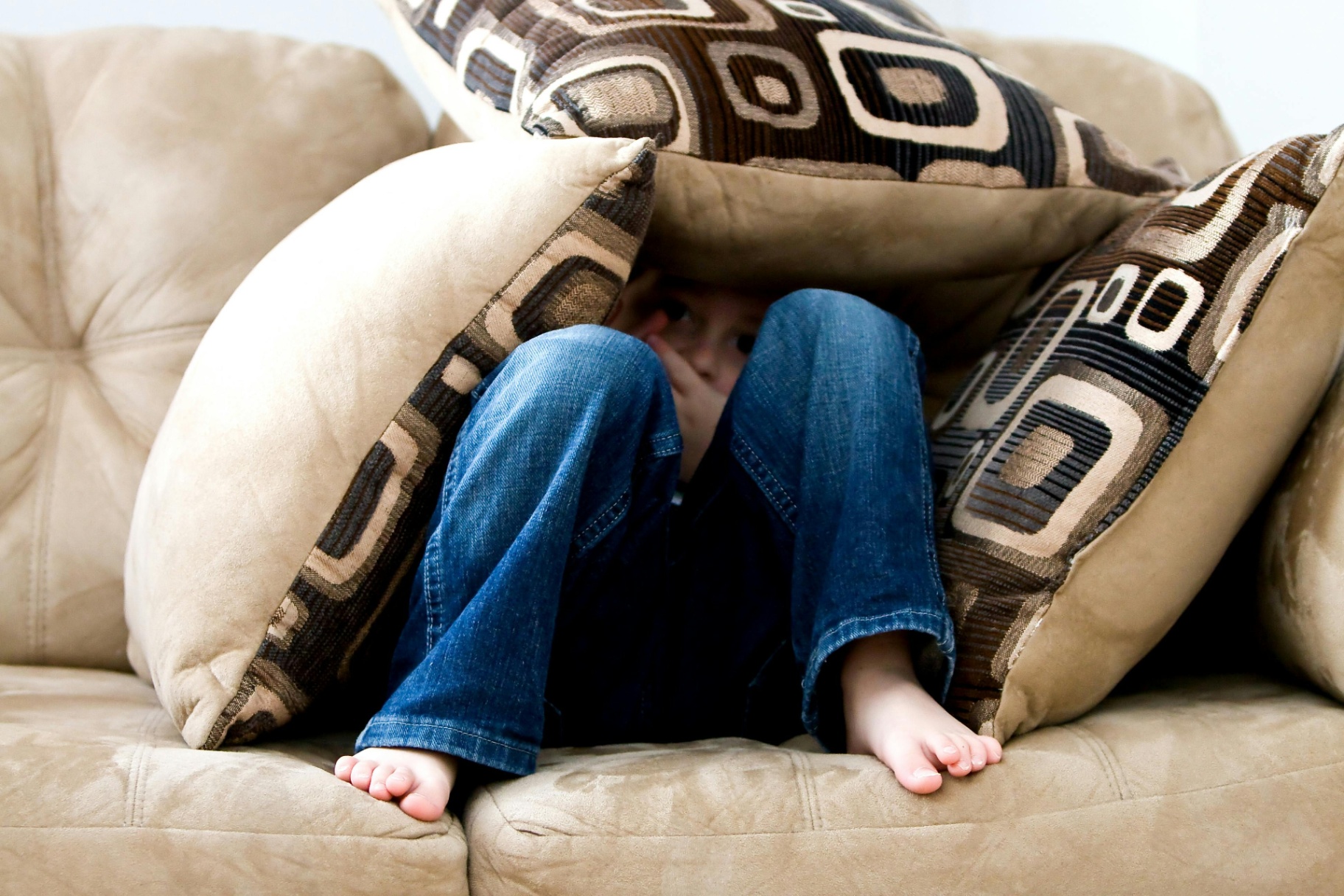The Impact of Divorce on Children: Understanding and Supporting Emotional Needs by Jennifer Eubank, LPC-Associate

Divorce is a challenging experience for everyone involved, but its impact on children can be particularly profound. As parents navigate the complexities of separating, it is crucial to recognize how divorce affects kids and find ways to support them through this transition.
Emotional Reactions to Divorce
Children often experience a range of emotions when their parents divorce. These can include:
1. Confusion and Uncertainty: Kids may not fully understand why their parents are separating, leading to feelings of confusion and uncertainty about their future.
2. Sadness and Grief: The end of a marriage can feel like a loss, causing children to grieve the family unit they once knew.
3. Anger and Blame: Some children may feel angry at one or both parents and may even blame themselves for the divorce.
4. Anxiety and Fear: The changes brought about by divorce can create anxiety and fear about the unknown, such as new living arrangements and changes in daily routines.
Behavioral Changes
The emotional turmoil children face during a divorce often manifests in their behavior. Common behavioral changes include:
1. Regression: Children may regress to earlier stages of development, reverting to behaviors like thumb-sucking, clinginess, or needing more comfort, similar to a younger child.
2. Academic Struggles: Concentration at school might suffer due to stress, leading to lower grades or behavioral issues in the classroom.
3. Social Withdrawal: Children may become withdrawn and isolate themselves from friends and activities they once enjoyed.
4. Acting Out: Some children might express their frustration and anger through rebellious or aggressive behavior.
Supporting Children Through Divorce
While divorce is undoubtedly difficult, there are ways parents can support their children through the process:
1. Open Communication: Encourage children to express their feelings and listen to them without judgment. Reassure them that their emotions are valid and that both parents still love them.
2. Consistent Routines: Maintain as much consistency as possible in daily routines to provide a sense of stability.
3. Professional Support: Consider seeking the help of a therapist, particularly one who specializes in child and family therapy, to provide a safe space for children to process their feelings.
4. Co-Parenting Cooperation: Work together with your ex-spouse to co-parent effectively, showing unity and support for your child’s well-being.
Divorce is a significant life change, but with the right support, children can navigate this transition and emerge resilient and emotionally healthy. By understanding their emotional needs and providing a supportive environment, parents can help their children cope with the challenges of divorce and thrive in their new family dynamics.
